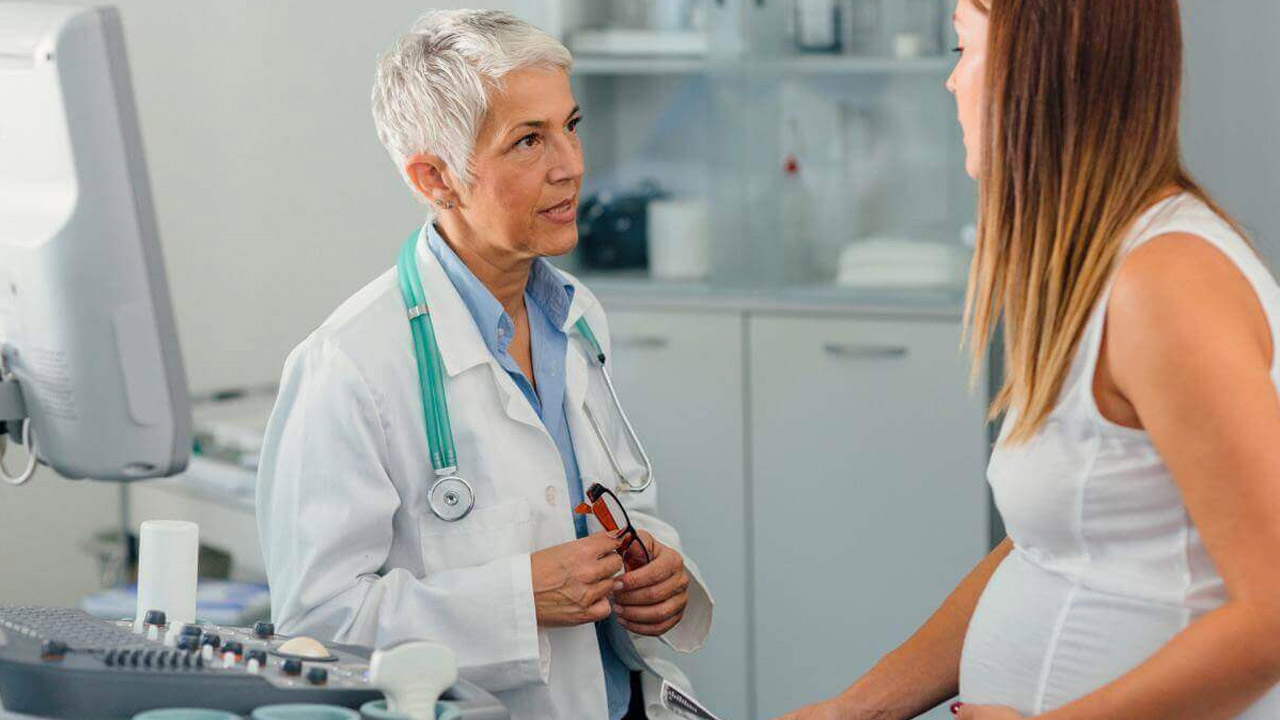STDs are more common than many people realize. Indeed, around half of all sexually active people will contract an STD before they turn 25. What’s more, many STDs can remain asymptomatic for long periods of time. This means that you could have an STD for months –– or even years –– and not realize it. The bad news for moms-to-be is that sexually transmitted diseases can cause a myriad of complications associated with pregnancy. As such, it’s imperative to learn as much as you can about STDs to protect your well-being. Here’s everything you need to know on the subject:
STDs & Infertility
Gonorrhea and chlamydia are two of the leading causes of preventable infertility in the U.S. And that is particularly true for women. However, Women who contract a bacterial infection like gonorrhea and/or chlamydia are at risk for developing a condition known as Pelvic Inflammatory Disease (PID), which can cause infertility. In addition, chlamydia and gonorrhea also affect male fertility as well.
STD Transmission
Moreover, It’s possible to contract an STD at any time –– before, during, and after pregnancy. No two STDs are exactly the same, and no two STDs are spread in exactly the same way, either. In general, though, sexually transmitted diseases are spread through sexual intercourse. This includes oral, anal, and vaginal sex. Having sex without a condom increases the possibility of STD transmission.
In addition, certain Sexually transmitted diseases –– like herpes –– can be spread through skin-to-skin contact. Lastly, STDs like HIV may be spread through the sharing of needles or through a blood transfusion. (Note, the odds of getting an STD as a result of a blood transfusion are very low.)
STDs & Pregnancy
Not only can STDs make it more difficult for women to get pregnant, but STDs can seriously affect the viability of a pregnancy. For instance, sexually transmitted diseases can cause a litany of problems including birth defects, premature birth, ectopic pregnancy, miscarriage, and death. Also, pregnant women can pass on an STD to their child during delivery.
Protecting Your Well-Being
It’s imperative for all pregnant women and all women who may become pregnant to get tested for sexually transmitted diseaseson a regular basis. Fortunately, you can schedule same-day appointments at an STD testing facility near you. Since many sexually transmitted diseases are either curable or manageable, getting tested and diagnosed is the first, and best, step you can take to protect your well-being. Women who are already pregnant should also get tested several times throughout their gestation period. It’s possible to contract an STD during pregnancy.
The good news is that the sooner medical professionals identify a sexually transmitted disease, the faster they can take measures to either eradicate or manage it and protect your health as well as the health of your child.






